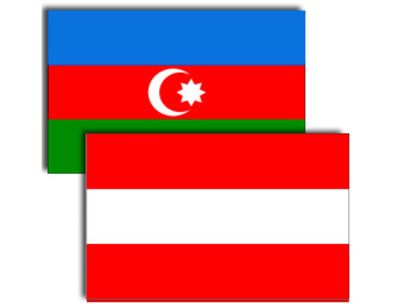

Trade operations between Azerbaijan and CIS countries during the first four months of 2024 amounted to $1.92 billion, indicating significant economic interactions within the region [ff2f425d]. However, this figure represents a 10.3% decrease compared to the same period in 2023, signaling a shift in trade patterns [ff2f425d]. Trade with CIS countries accounted for 32.3% of Azerbaijan's total trade turnover during this period [ff2f425d]. Notably, trade with Russia decreased by 5.7% to $1.31 billion, while trade with Ukraine surged by 44.6% to $152.92 million [ff2f425d]. Trade with Turkmenistan decreased by 49.2% to $150.61 million, and trade with Belarus increased by 22.1% to $137.06 million [ff2f425d]. Additionally, trade with Kazakhstan decreased by 47.9% to $87.27 million, trade with Uzbekistan decreased by 6.9% to $50.94 million, and trade with Kyrgyzstan increased by 2.7 times to $24.73 million [ff2f425d]. Trade with Moldova decreased by 15.3% to $3.42 million, and trade with Tajikistan increased by 78.2% to $2.21 million [ff2f425d]. These trade dynamics highlight the evolving economic relationships between Azerbaijan and CIS countries [ff2f425d].
In addition to trade dynamics, Azerbaijan has also been actively involved in mutual investment with Austria. In the first quarter of 2024, Azerbaijan invested $28.95 million in the economy of Austria [d3d7c998]. This mutual investment demonstrates the strengthening economic ties between the two countries and further diversifies Azerbaijan's investment portfolio. The investment in Austria reflects Azerbaijan's commitment to expanding its international economic partnerships and exploring new opportunities for growth and development. With this investment, Azerbaijan aims to foster bilateral cooperation and create mutually beneficial outcomes for both countries. The investment also signifies Austria's attractiveness as an investment destination for Azerbaijani businesses, highlighting the potential for future collaborations and joint ventures between the two nations. Overall, the trade dynamics with CIS countries and the mutual investment with Austria showcase the evolving economic patterns and the proactive approach of Azerbaijan in expanding its economic reach and diversifying its investment portfolio [d3d7c998].